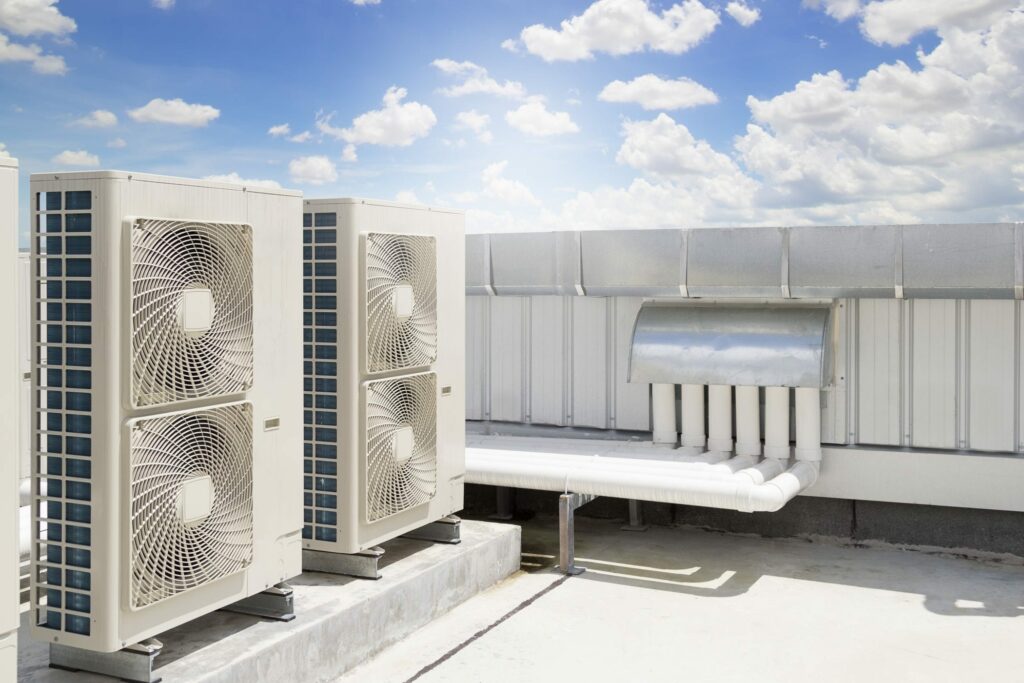
Home Heating or Cooling Problems: Learn How to Troubleshoot Your HVAC System Like a Pro
While it may be tempting to call a professional right away, fixing common HVAC problems can save you time and money. In this article, we will guide you through HVAC system problems like a pro.
Before diving into troubleshooting, it’s essential to know the most common HVAC problems homeowners face. By understanding these issues, you will be able to better identify the cause of the problem and potentially fix it yourself, avoiding unnecessary expenses.
Common HVAC problems
- Inadequate heating or cooling: If your HVAC system is having trouble maintaining a consistent temperature or not reaching the desired temperature, you likely have heating or cooling problems.
- Uneven airflow: If some areas of your home have less airflow than others, this can cause discomfort and temperature imbalances.
- Faulty thermostat: A faulty thermostat can misread temperature settings, resulting in insufficient cooling or heating.
- Strange Noises: Unusual noises coming from your HVAC system, such as whining, rattling or knocking, often indicate underlying problems.
- Poor air quality: If you notice increased dust, musty odors or allergy symptoms, this could be a sign of poor air quality in your HVAC system.
Troubleshooting Your HVAC System
Check the air filters
A clogged or dirty air filter can seriously affect the efficiency and performance of your HVAC system. It is recommended to check and replace the air filters regularly, preferably every 1-3 months. Clean filters ensure proper airflow, prevent system stress and improve overall air quality.
Inspect the thermostat
Make sure your thermostat is set to the correct mode (heating or cooling) and the desired temperature. If you have a programmable thermostat, make sure the schedule is set correctly. Also, check to see if the thermostat displays any error codes that may indicate a specific problem.
Examine the outdoor unit
If you have a central air conditioning system, check the outdoor unit (condenser) for visible problems. Make sure there is no debris blocking the unit and clean the area around it. Inspect the fan blades for damage or obstructions, as this can also affect system airflow.
Clean drain lines
Clogged drain lines can cause water leaks and damage your HVAC system. Locate the drain lines and use a mixture of bleach and water to remove any clogs. Regular maintenance of drain lines can prevent major problems in the future.
Listen for unusual noises
While your HVAC system is running, listen for any unusual noises such as squeaking or rattling. These sounds may indicate problems with the motor, fan, or other components. If you identify any concerning noises, it is best to consult a professional HVAC technician for a more in-depth inspection and repair.
Seek professional help when necessary
If you’ve followed the troubleshooting steps and are still having problems with your HVAC system, it’s time to contact a professional. HVAC technicians have the experience and tools to effectively diagnose and repair complex problems.
Advantages of troubleshooting your HVAC system
Taking the time to troubleshoot your HVAC system before calling a professional has several advantages:
- Cost Savings: Troubleshooting on your own can save you money by avoiding unnecessary service calls for minor issues.
- Quick Fixes: Identifying and solving simple problems yourself can restore your HVAC system’s functionality quickly.
- Longer System Life: Regular troubleshooting and maintenance can extend the life of your HVAC system, saving you premature replacement costs.
- Better Indoor Air Quality: Addressing issues like clogged filters can significantly improve the air quality in your home, reducing allergy symptoms and respiratory problems.
By following these troubleshooting steps and understanding common HVAC problems, you will be able to resolve minor problems yourself. However, it is essential to remember that HVAC systems can be complex and it is essential to seek professional help for larger issues or if you are unsure of any step.
Regular maintenance and professional service remain critical to ensuring optimal performance and longevity of your HVAC system.
Remember, being proactive in solving problems can save you time, money and inconvenience, keeping your home comfortable all year round.